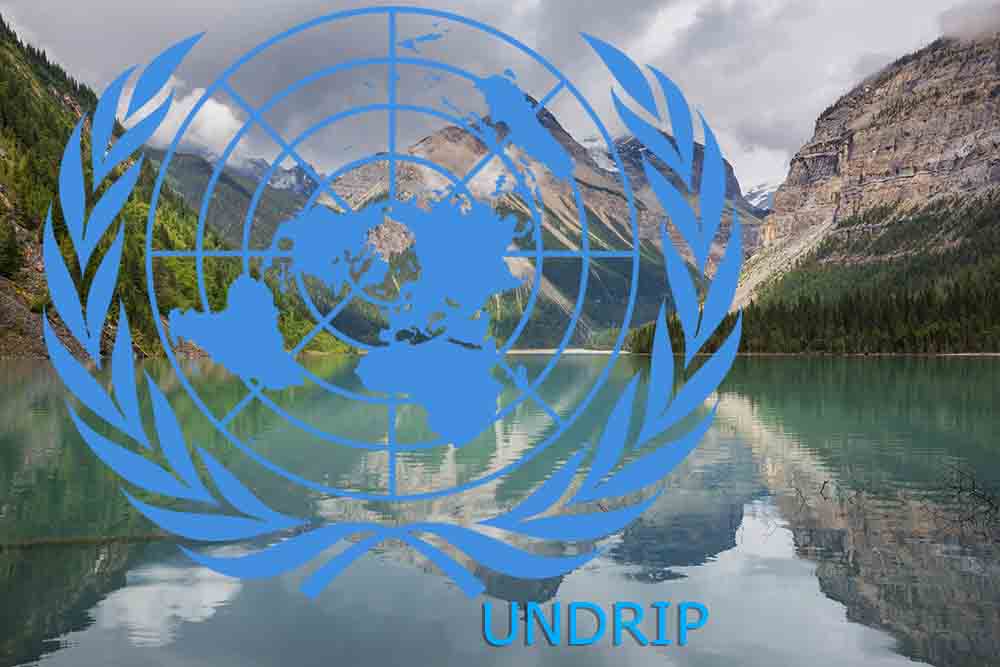Please check out this National Post piece about First Nation band level accountability.
The issue of which level of government should handle accountability problems at the band level continues to divide observers and pundits. The matter tends to fall on either the federal government (which has constitutional jurisdiction over “Indians and lands reserved for the Indians”) or First Nation governments governed by the Indian Act. The provinces lack jurisdictional authority, so they are left out of the debate.
In this National Post piece, the reporter recognizes that grassroots citizens on reserves are increasingly taking the matter into their own hands. The recent revelations over exorbitant and disproportionate band chief and councillor salaries have energized average band members, many of whom were shocked to discover the salaries being paid. Given the secretiveness of many band council dealings, it is not completely a surprise that members are in the dark about these salaries. At the Frontier Centre, our annual Aboriginal Governance Index reveals that a majority of respondents on Prairie bands report a high degree of secretiveness over basic financial documents and business plans.
In some cases, enraged band members are able to force change in the sense that they confront the leadership, make their demands, they are met in whole or in part, and the matter closes. However, in many cases, this is not the reality as members are forced to go to the RCMP or Indian and Northern Affairs Canada (INAC). In matters of internal governance dispute, INAC chooses not to intervene.
This often means the community, if it is under a custom leadership selection system, must go to to court to resolve issues.
In the piece, it is recognized that there are often little options for a community in distress beyond intervention. The one individual quoted with the National Centre for First Nation Governance almost says that there are no options. Communities must learn from their mistakes and move on.
That is the ideal situation, where a community is self-determining and able to solve its problems, but this is complicated by the fact that being under the Indian Act does not make a community really self-governing. The community is dependent on outside institutions and is financially dependent.
Often times, a band can impose good governance rules and institutions, even in spite of the Indian Act. Many bands have enacted good rules without Ottawa. Good for them. But, they are the exception. In the meantime, this means federal intervention will be necessary in some cases.
Thus, before the Indian Act is replaced with something better and more authentic, we must deal with the limits of it. This means that sometimes Ottawa will have to intervene, often for the sake of vulnerable citizens dependent on social assistance who are not at fault when a community falls into conflict.
A third course is to give indigenous communities the tools to resolve their own problems. The establishment of independent resolution mechanisms should be explored. Tribal courts are one institution that have worked in the U.S. In the Canadian context, the option may be bodies that resolve governance, financial accountability and election disputes. If these bodies are staffed with First Nations (but not from the communities involved), they would be more legitimate.
The answer is to empower First Nations to solve their own problems. Right now that is not possible. The solution is to work with these communities in resolving their own conflicts.


